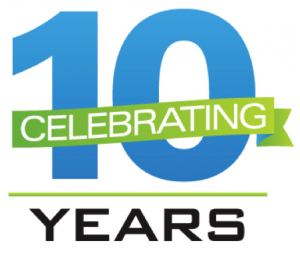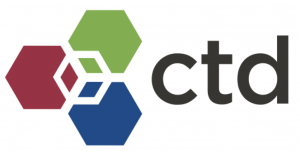It is our great pleasure to announce the recipient of the Inaugural Biocuration Career Award – 2016

In April of 2016 the International Society for Biocuration awarded its inaugural Career Award to Dr. John Westbrook.
John works at the Research Collaboratory for Structural
Bioinformatics Protein Databank (RCSB PDB), where his work over the past 20+ years has helped launch the field of biocuration.
He designed the PDBx/mmCIF data representation for biological macromolecular data used by PDB for data submission (now having 117K structures), which is utilized by a variety of software applications to validate a PDB submissions and analyze PDB data. John keeps the model and related tools up to date with new definitions and modeling based in new technologies, which provisions for community buy-in and participation. Searching for “protein data bank” OR “protein databank” in Pubmed gives 2988 publications. PDB is used by Pharma and biotech companies.
John’s data modeling of protein structures and his development of a variety of software tools has been pivotal to make these data maximally useful to a very large and diverse community. Representation of molecular complexity of macromolecular structure, experimental methodologies, and biological context has enabled John to facilitate integration with a spectrum of biomedical resources.
Our most sincere congratulations to John!
Best regards,
Your colleagues at the ISB Executive Committee, and the 2016
Biocuration Awards Committee
The 2016 Biocuration Awards Committee are:
Melissa Haendel – Chair
Emma Ganley
Takashi Gojobori
David Landsman
Michele Magrane
Kimberly Van Auken
Alfonso Valencia


